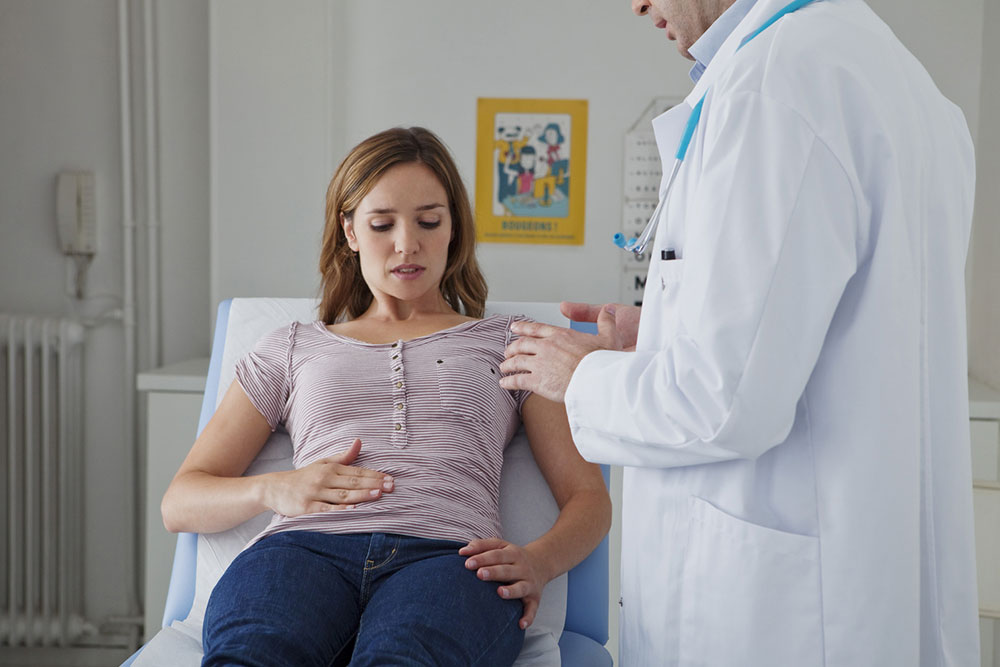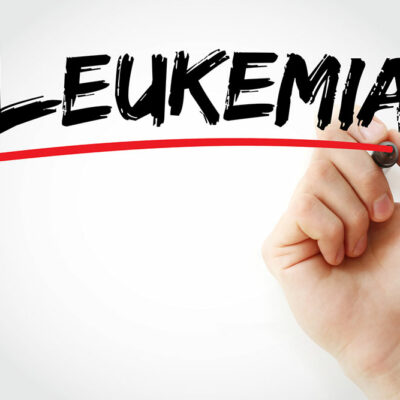
An overview of stomach cancer
Stomach cancer, which is also known as gastric cancer, is a type of cancer that develops in the lining of the stomach. The stomach is made up of 5 portions:
- Cardia is the first part that is closest to the esophagus
- The Fundus is the upper part of the stomach next to the cardia.
- Body or corpus is the main part of the stomach, which is between the upper and lower parts.
- The Antrum is the lower portion where the food mixes with the gastric liquid near the intestine.
- Pylorus is the last part of the stomach, which acts as a valve to control the emptying of the contents of the stomach into the small intestine.
Stomach cancer is mostly asymptomatic or it may cause only nonspecific symptoms in the early stages. By the time the symptoms are observed, cancer has often reached an advanced stage and may have spread to other parts of the body, which is one of the main reasons for its relatively lower detection rate.
Signs and symptoms of gastric cancer
- Early symptoms of cancer may be associated with an acidic stomach or a burning sensation (heartburn).
- Gastric cancer with enlarged and invaded normal tissue can cause fatigue, weakness, abdominal pain in the upper abdomen, bloating of the stomach after meals, nausea and occasional vomiting, diarrhea, or constipation.
- The advanced stage may cause weight loss or blood in the vomit and stools; the latter appears as black and occasionally leads to anemia. Dysphasia suggests a tumor in the cardia or extension of the gastric tumor into the esophagus.
As early-stage stomach cancer rarely causes symptoms, it leads to a late diagnosis in most cases. Most early symptoms of stomach cancer are common enough to be confused with other health issues:
- Poor appetite
- Weight loss
- Belly pain
- A sense of fullness in the upper abdomen after a small meal
- Heartburn or indigestion
- Nausea
- Vomiting, with or without blood
- Blood in the stool
- Low red blood cell count (anemia)
Infections, smoking, diet, genetics, age, and gender are some of the causes of stomach cancer, and the risk of stomach cancer is more in males as compared to females.
Gastric cancer is tough to cure unless it’s found at an early stage. Unfortunately, early abdomen cancer causes only a few symptoms, and the patient’s health has sometimes deteriorated by the time cancer is diagnosed.
Stomach cancer is treated with treatments like therapy, but chemo medicines attack cells and also have their own side effects. The effects depend on the sort of medication, the quantity taken, and also the length of treatment. There are some short-term effects common to most therapy medicines:
- Nausea and forcing out
- Loss of craving
- Hair loss
- Diarrhea
- Mouth sores
- Shortness of breath and fatigue due to a shortage of red blood cells
Early detection of cancer symptoms is most vital for cancer patients to start the treatment and, ultimately, for the survival of the patients. Understandably, it becomes important to get health and medical checkups done regularly.


